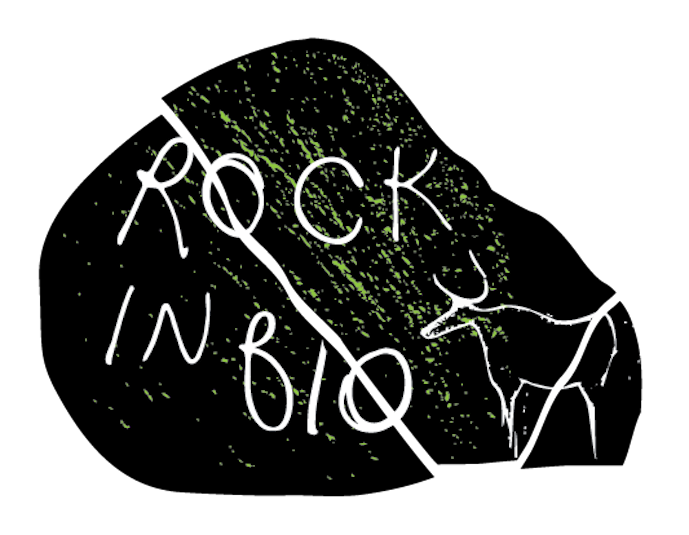Ecology for the conservation of Cultural Heritage – ROCKinBIO
ROCKinBIO Research Group is dedicated to advancing Heritage Science by bringing a dedicated ecological perspective to the study and preservation of Cultural Heritage in rocky environments. Our focus on rocky environments allows us to delve into the unique challenges and opportunities presented by these settings (e.g. as niches of currently unknown life, or as analogues of extraterrestrial geomorphic environments). We investigate the interplay between geological features, climatic conditions, biological interactions, and anthropogenic impacts, providing a holistic understanding of the ecological dynamics that shape the Cultural Heritage within such environments. Beyond Ecology, our research integrates Earth and Environmental Sciences, incorporating a comprehensive understanding of the physical and climatic factors impacting rocky cultural settings.
Drawing on the goals and methodologies of ROCKinBIO project, and expanding to a wider range of research questions, the main lines of research to be pursued in the period of 2025-2029 include:
1. Remote sensing and ecological modelling at the service of rock surface weathering and biodeterioration research;
2. Contributions of ecology to the Biodeterioration vs Bioprotection debate;
3. Lichenometry as a method to date interventions on Cultural Heritage;
4. Experimental approaches for palaeoecological reconstructions of Late Pleistocene rock surface communities;
5. Establishing DNA Barcode Databases for Cultural Heritage studies.
As the first research group of its kind in Portugal and one of the few worldwide, we are committed to establishing ourselves as a national and international reference in the application of Ecology to Cultural Heritage conservation. Our research is motivated by addressing critical gaps in Heritage Science globally, and transferring ecological knowledge to companies operating in the Cultural Heritage sector, while also pushing the boundaries of fundamental scientific knowledge in both fields.
Drawing on the goals and methodologies of ROCKinBIO project, and expanding to a wider range of research questions, the main lines of research to be pursued in the period of 2025-2029 include:
1. Remote sensing and ecological modelling at the service of rock surface weathering and biodeterioration research;
2. Contributions of ecology to the Biodeterioration vs Bioprotection debate;
3. Lichenometry as a method to date interventions on Cultural Heritage;
4. Experimental approaches for palaeoecological reconstructions of Late Pleistocene rock surface communities;
5. Establishing DNA Barcode Databases for Cultural Heritage studies.
As the first research group of its kind in Portugal and one of the few worldwide, we are committed to establishing ourselves as a national and international reference in the application of Ecology to Cultural Heritage conservation. Our research is motivated by addressing critical gaps in Heritage Science globally, and transferring ecological knowledge to companies operating in the Cultural Heritage sector, while also pushing the boundaries of fundamental scientific knowledge in both fields.
